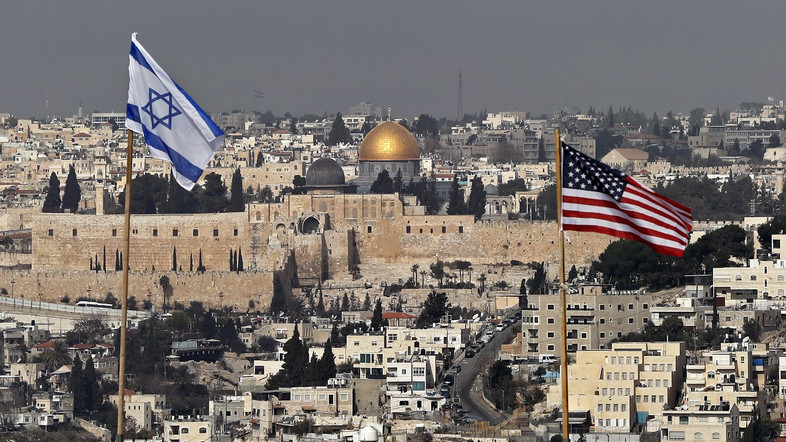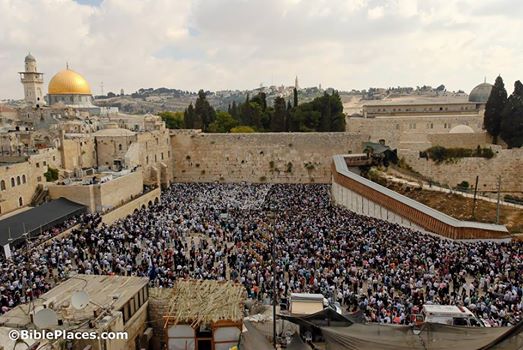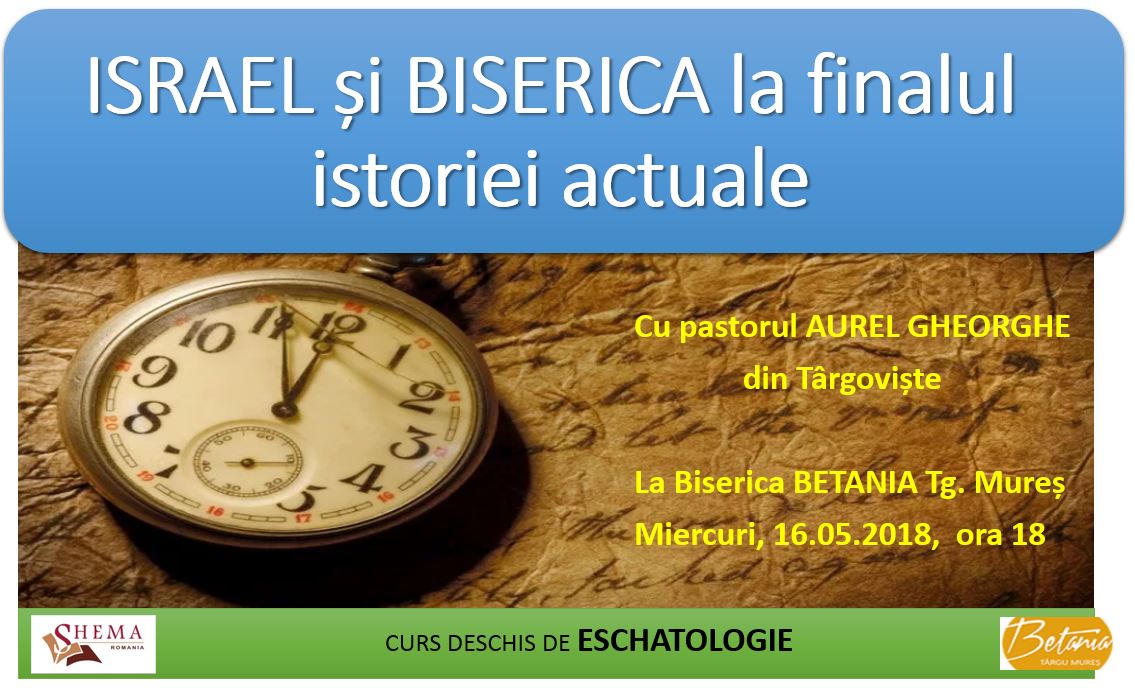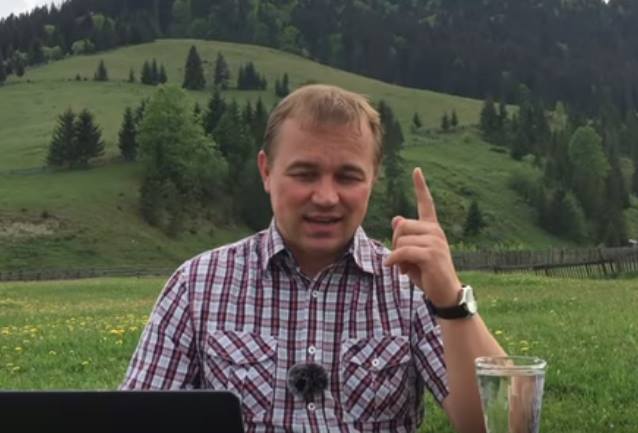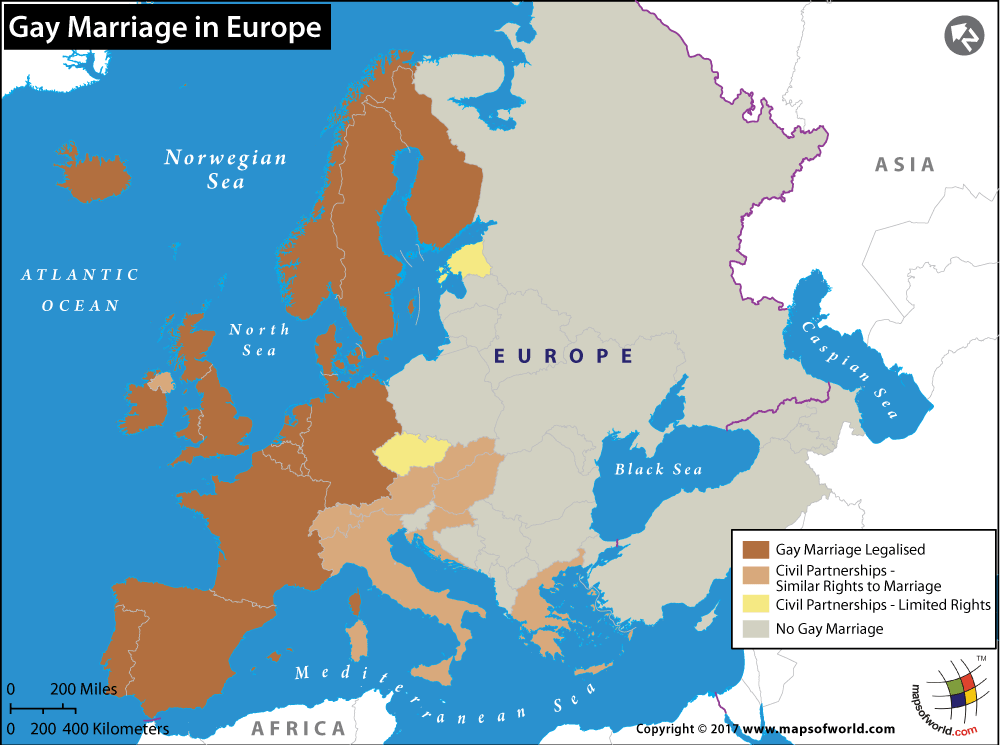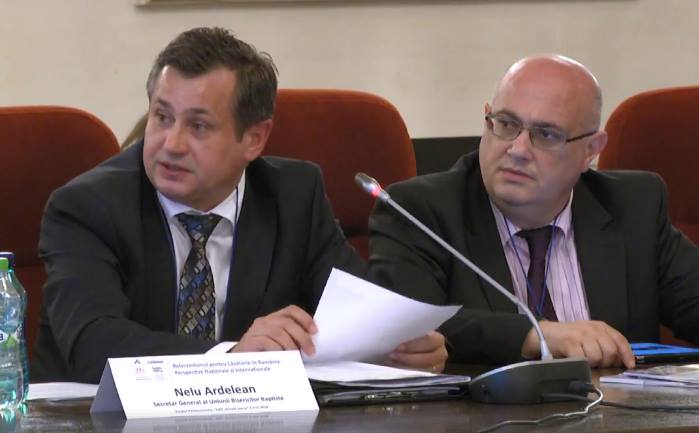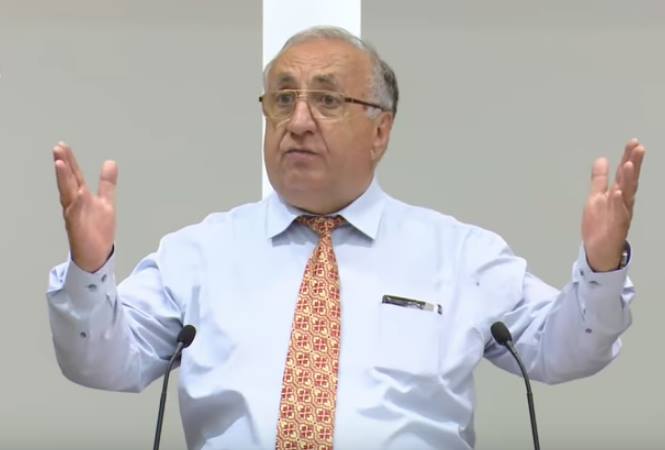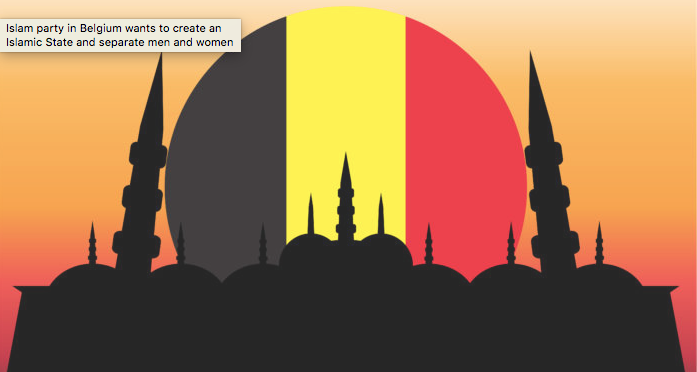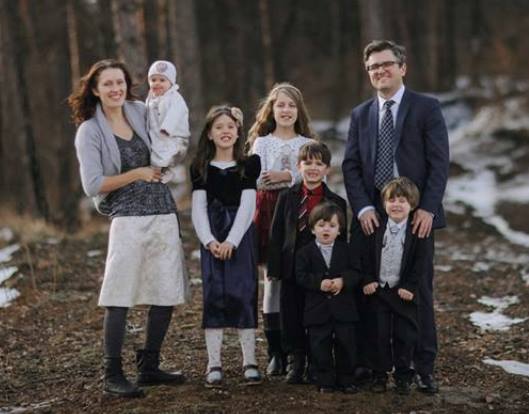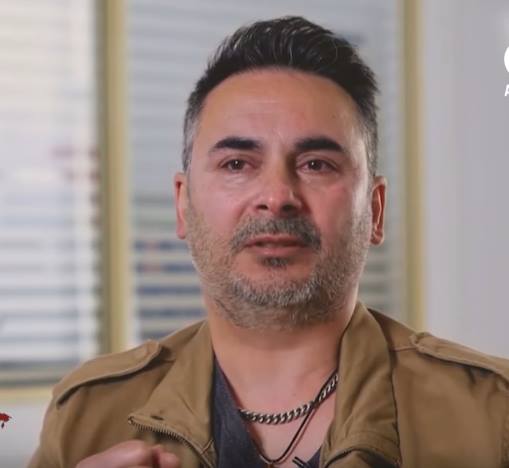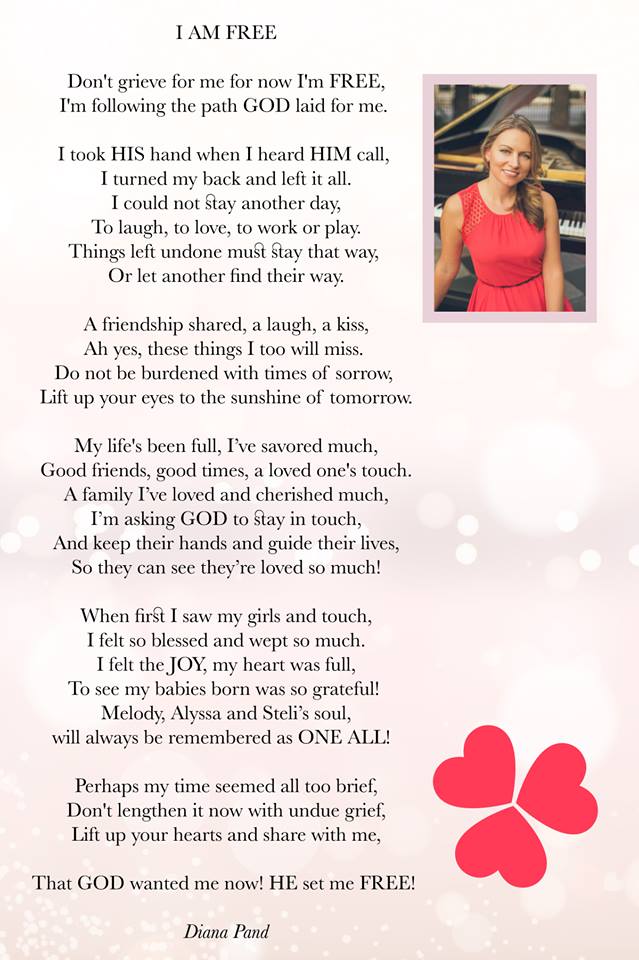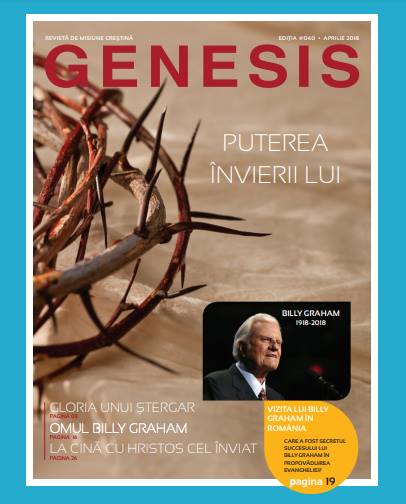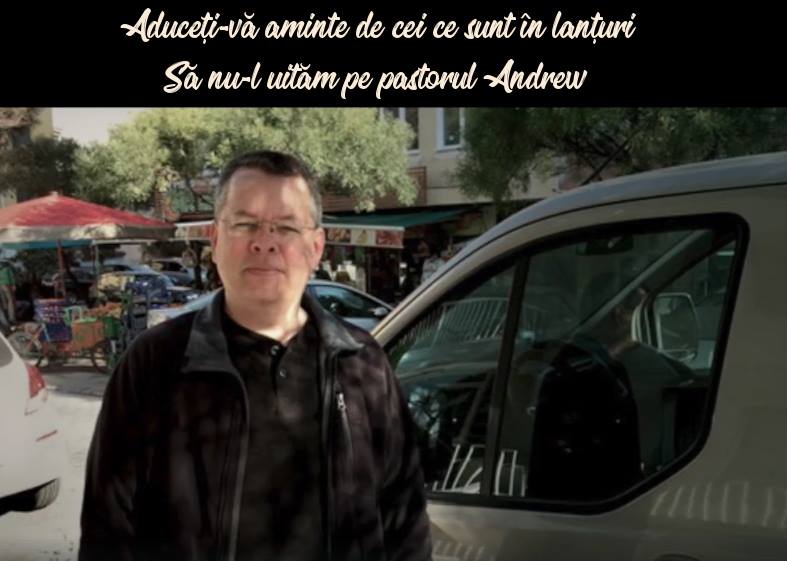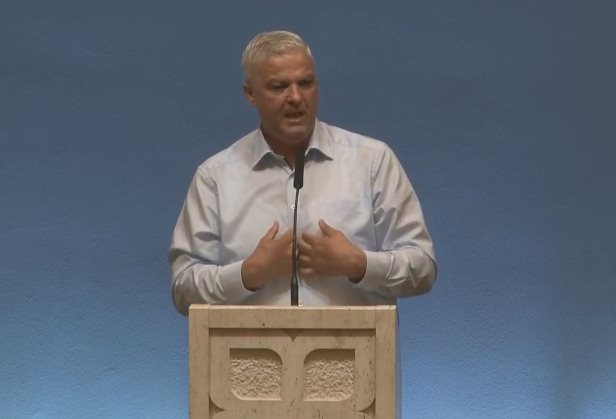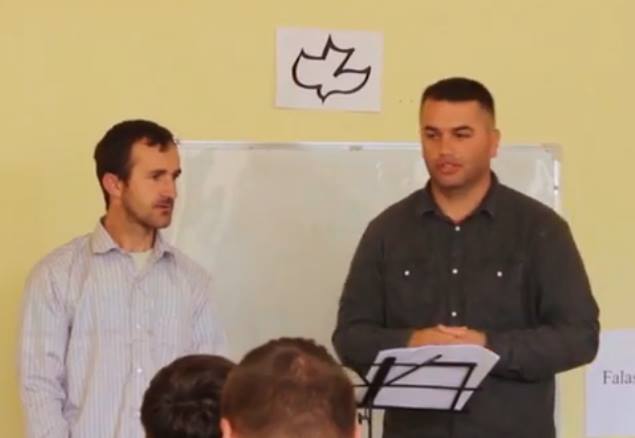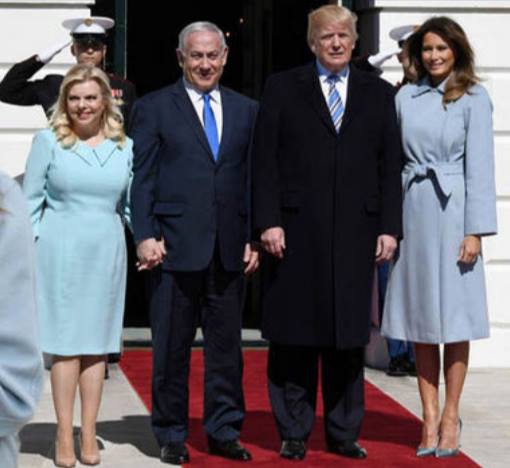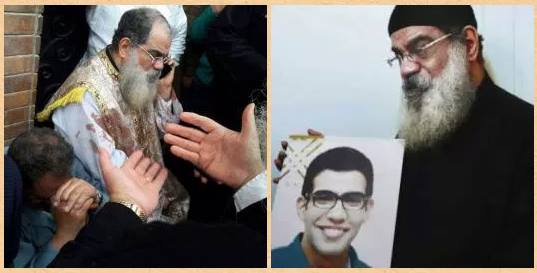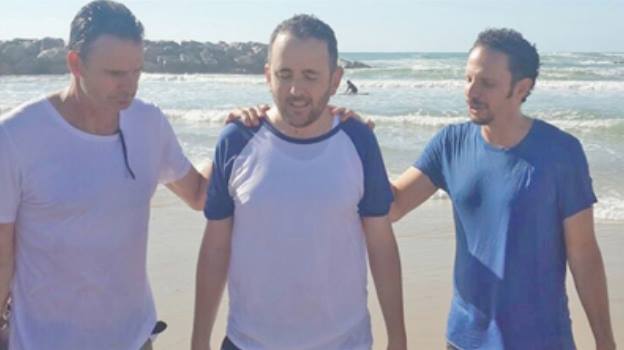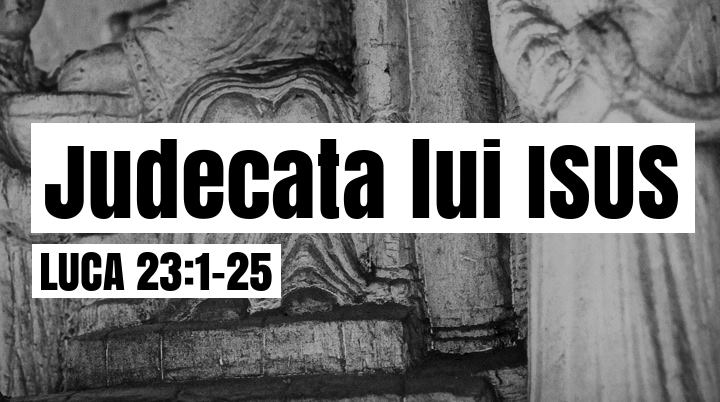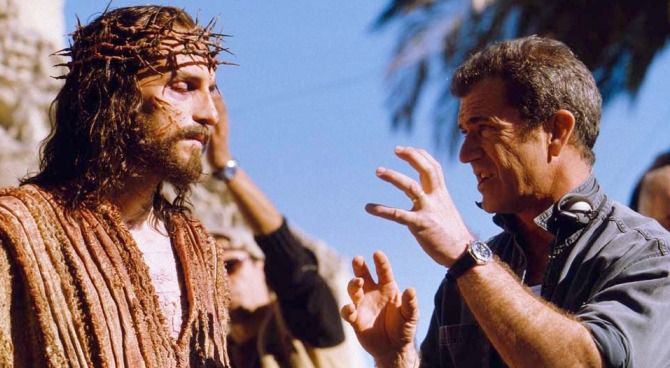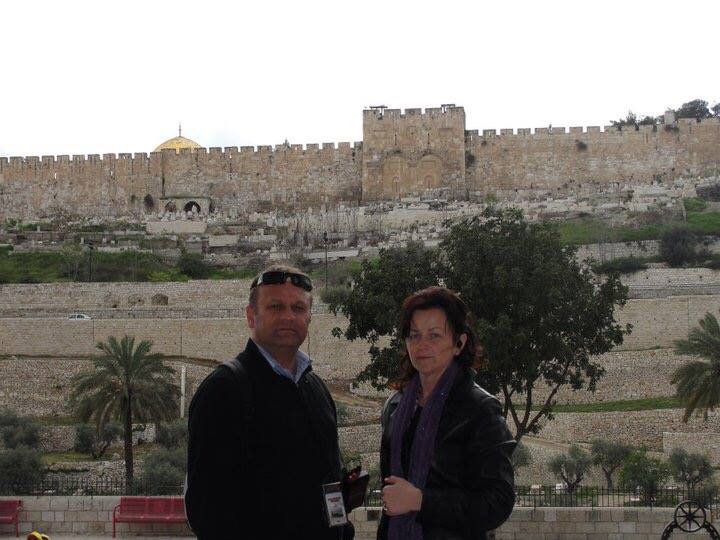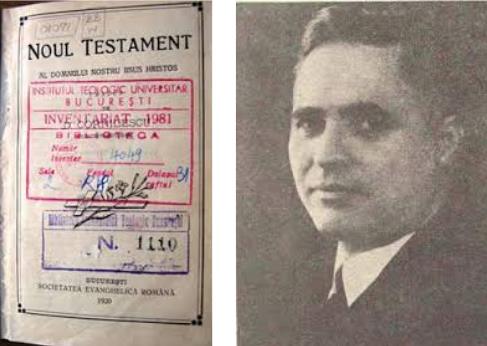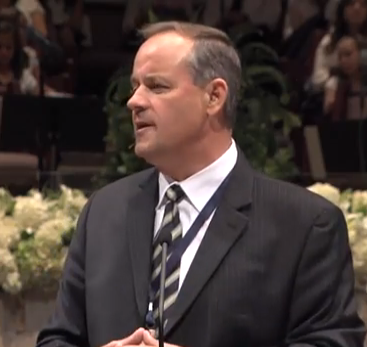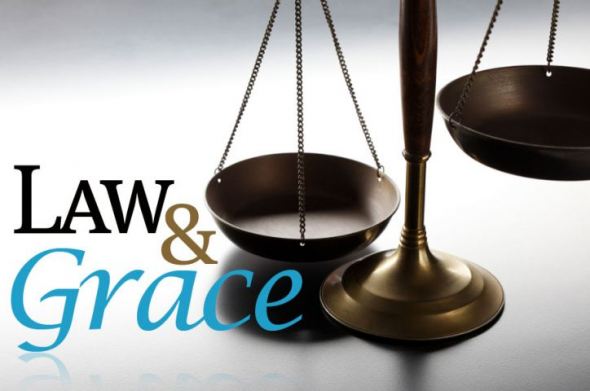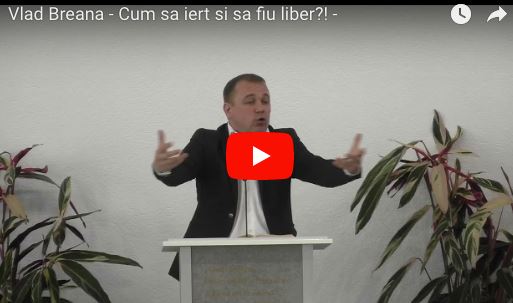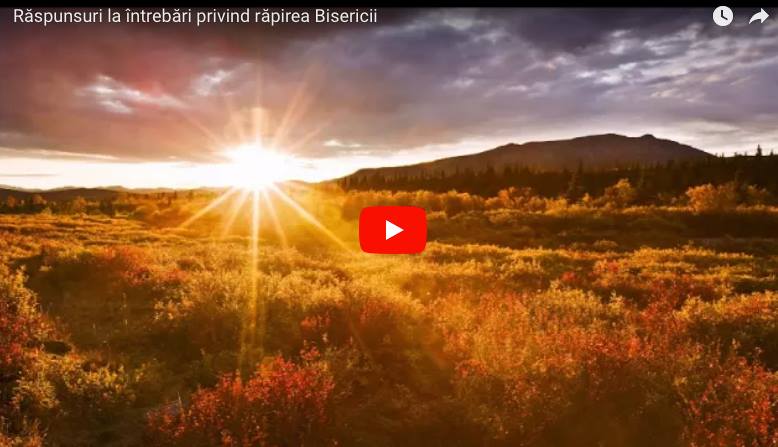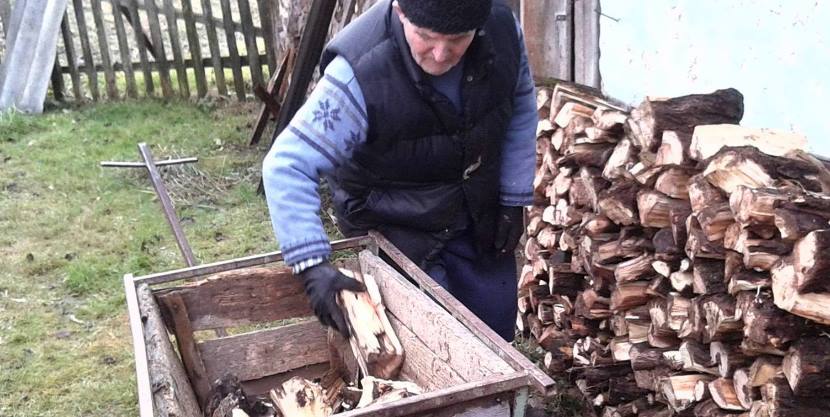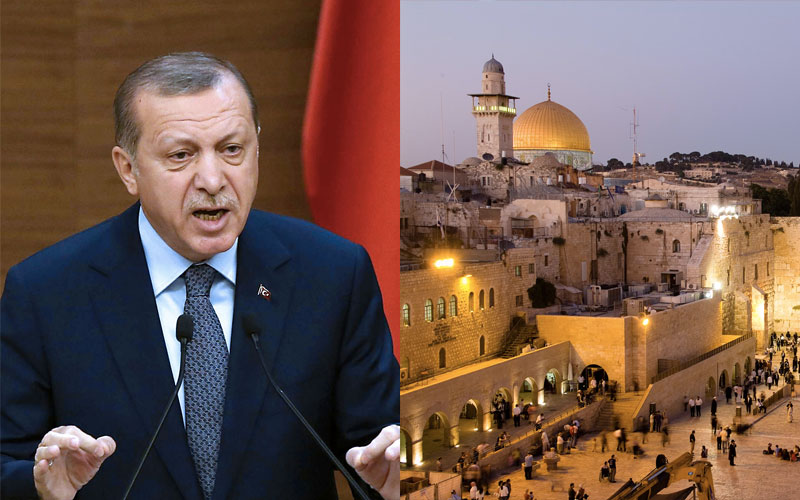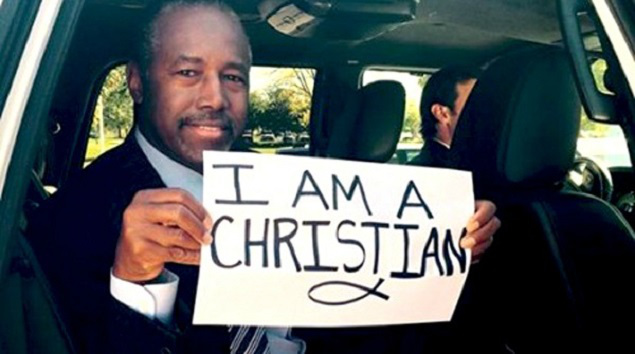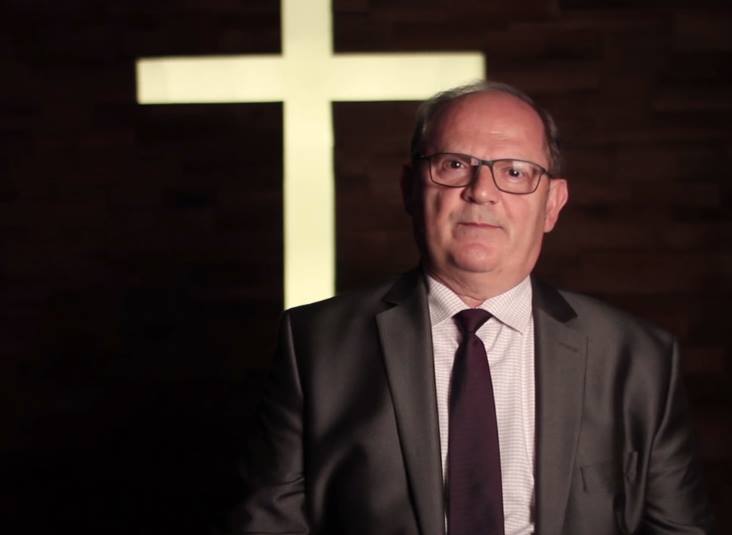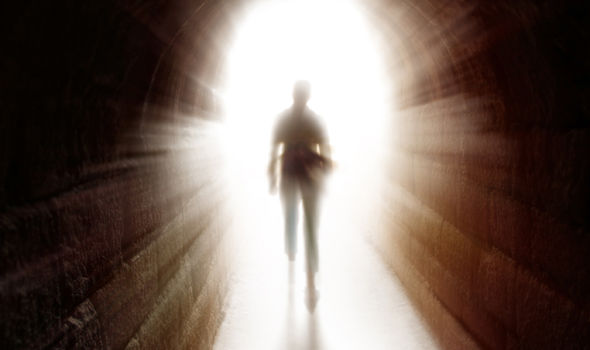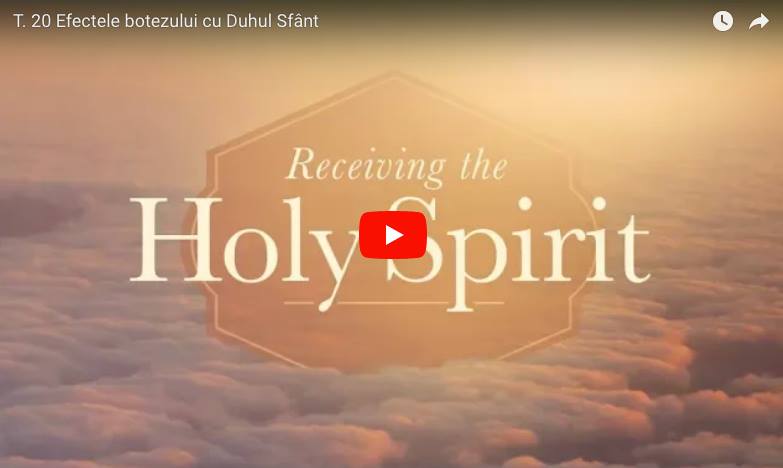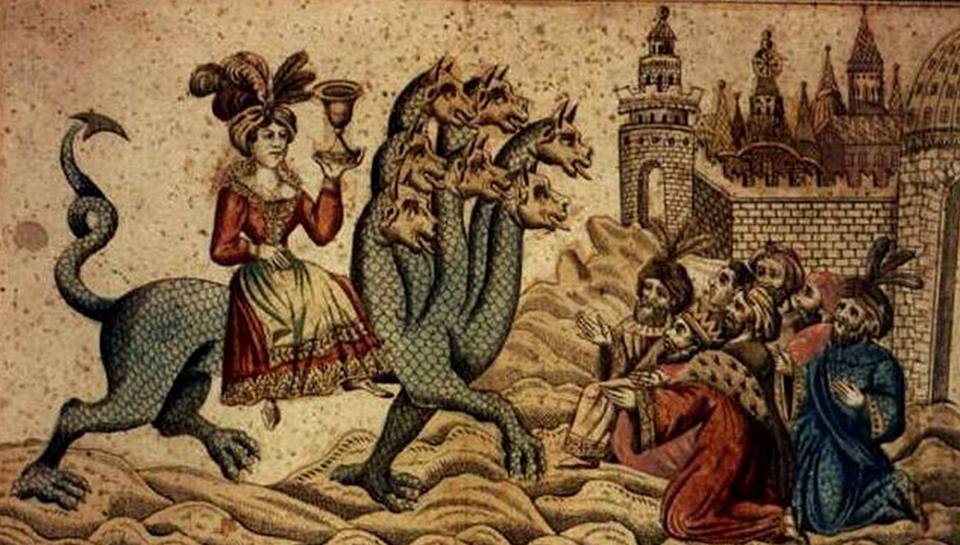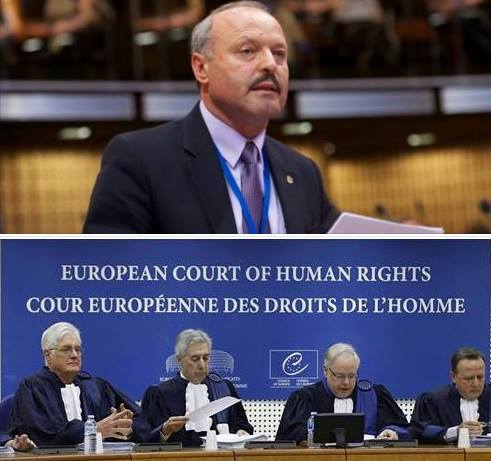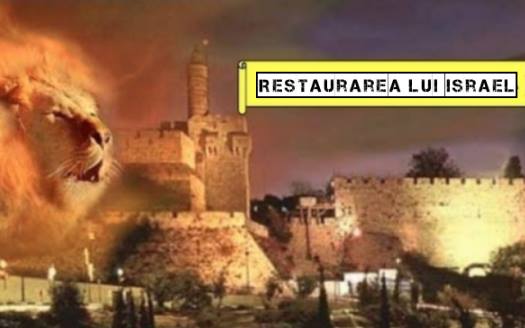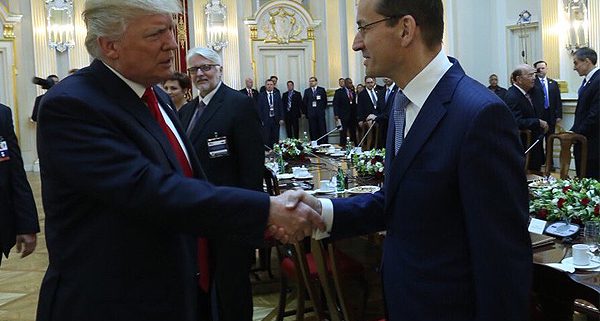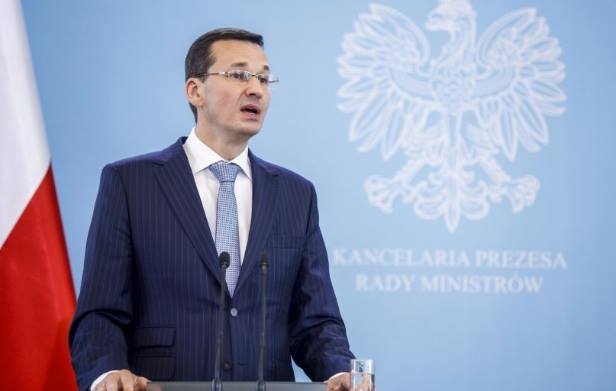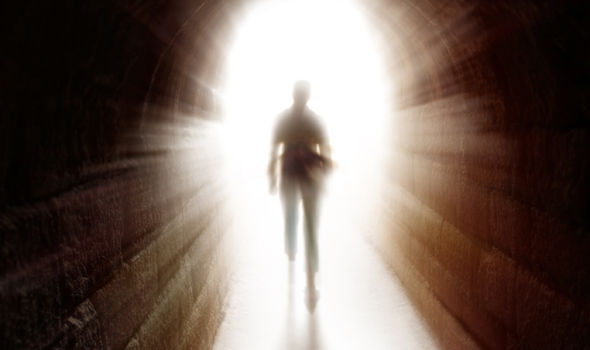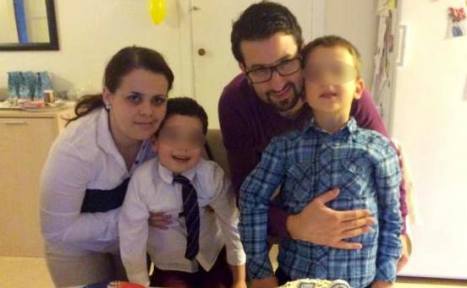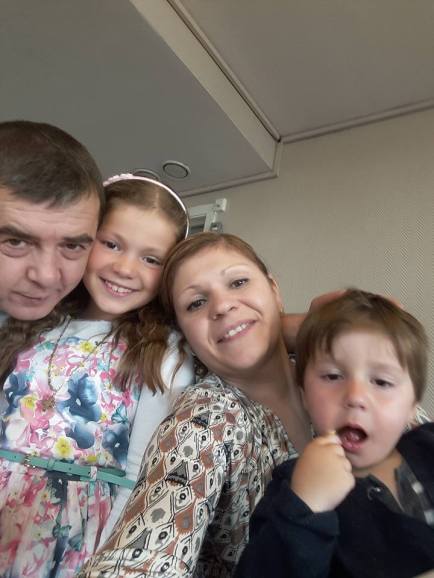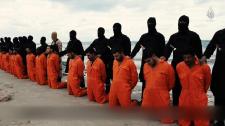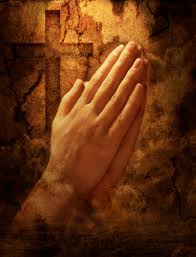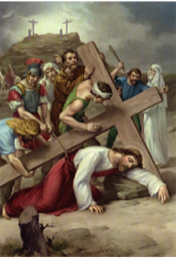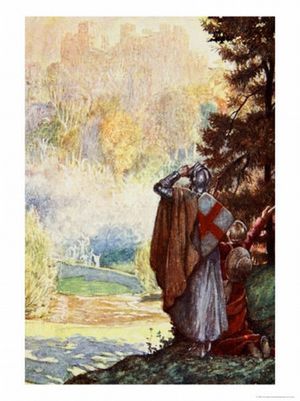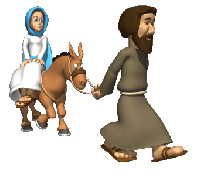Click here to read Genesis 25-33, the Biblical account of the life of Jacob.
some excerpts taken from D.A.Carson’s ‘For the Love of God” Volume I:

by D.A Carson
Genesis 27 is in many ways a pathetic, grubby account. Earlier Esau had despised his birthright (25:34); now Jacob swindles him out of it. In this Jacob is guided by his mother Rebekah, who thus shows favoritism among her children and disloyalty to her husband. Esau throws a tantrum and takes no responsibility for his actions at all. indeed, he nurses his bitterness and plots the assassination of his brother. The family that constitutes the promised line is not doing very well.
Yet those who read the passage in the flow of the entire book remember that God himself had told Rebekah, before the twin brothers were born, that the older will serve the younger (25:23) Perhaps

Jacob blessed instead of Esau
that is one of the reasons she acted as she did: apparently she felt that God needed a little help in keeping his prediction, even immoral help. Yet behind these grubby and evil actions God is mysteriously working out his purposes to bring the promised line to the end he has determined. Certainly God could have arranged to have Jacob born first, if that was the man He wanted to carry on the line. Instead, Esau is born first, but Jacob is chosen, as if to say that the line is important, but God’s sovereign, intervening choosing is more important than mere human seniority, than mere primogeniture.
The name „Bethel” means House of God. The event that gave rise to the name (Gen. 28) was a mixed bag. There is Jacob, scurrying across the miles to the home of his uncle Laban. Ostensibly he is looking for a godly wife–but the previous chapter makes clear that he wishes to escape being assassinated by his own brother in the wake of his own tawdry act of betrayal and deceit. Judging by the requests he makes to God, he is in danger of having too little food and inadequate clothing, and he is already missing his own family (28:20-21)Yet here God meets him in a dream so vivid that Jacob declares,”How awesome is this place! This is none other than the house of God, this is the gate of heaven” (28:17).
For his part, God reiterates the substance of the Abrahamic Covenant to this grandson of Abraham. The vision of the ladder opens up the prospect of access to God, of God’s immediate contact with a man who up to this point seems more driven by expedience than principle. God promises that his descendants will multiply and be given this land. The ulrimate expansion is also repeated: „All peoples on earth will be blessed through you and your offspring” (28:14). Even at the personal level, Jacob will not be abandoned, for God declares, „I am with you and will watch over you wherever you go, and I will bring you back over to this land. I will not leave you until I have done what I have promised you” (28:15).
Awakened from his dream, Jacob erects an altar and calls the place Bethel.  But in large measure he is still wheeler-dealer. He utters a vow: If God will do this and that and the other, if I get all that I want and I hope for out of this deal, „then the Lord will be my God” (28:20-21).
But in large measure he is still wheeler-dealer. He utters a vow: If God will do this and that and the other, if I get all that I want and I hope for out of this deal, „then the Lord will be my God” (28:20-21).
And God does not strike him down! The story moves on: God does all that he promised, and more. All of Jacob’s conditions are met. One of the great themes of Scripture is how God meets us where we are: in our insecurities, in our conditional obedience, in our mixture of faith and doubt, in our fusion of awe and self interest, in our understanding and foolishness. God does not disclose Himself only to the greatest and most stalwart, but to us, at our Bethel, the house of God.
When I was a child in Sunday School, I learned the names of the twelve tribes of Israel by singing a simple chorus: „These are the names of Jacob’s sons:/Gad and Asher and Simeon,/Reuben, Issachar, Levi,/Judah, Dan and Naphtali-/Twelve in all, but never a twin–/Zebulun, Joseph and Benjamin.”
But many more years passed before I grasped how important are the twelve tribes in the Bible’s storyline. Many of the dynamics of the rest of Genesis turn on their relationships. The organization of the nation of Israel depends on setting aside one tribe, the Levites, as priests. From another son, Judah, springs the Davidic dynasty that leads to the Messiah. Over the centuries, the tribe of Joseph would be divided into Ephraim and Manasseh; in substantial mesaure, Benjamin would merge with Judah. By the last book in the Bible, Revelation, the twelve tribes of the old covenant constitute the counterpoint to the twelve apostles of the new covenant: this twelve by twelve matrix (i.e. 144, in the symbolism of this apocalyptic literature) embraces in principle the whole people of God.

Jacob meets Rachel by Raphael 1518
But, what tawdry beginnings they have in Genesis 30. The deceit of Laban in Genesis 29, which resulted in Jacob’s marrying both Leah and Rachel, now issues in one of the most unhealthy instances of sibling rivalry in holy Scripture. Each of these women from this family is so eager to outshine the other that she gives her handmaid to her husband rather than allow the other to get ahead in the race to bear children. So self-centered and impetuous are the relationships that another time Rachel is prepared to sell her husband’s sex time to her sister Leah for a few mandrakes. Polygamy has taken hold, and with it a mess of distorted relationships.
From these painful and frankly dysfunctional family relationships spring eleven sons and one daughter (the birth of the last son, Benjamin, is reported in chap. 35). Here are the origins of the twelve tribes of Israel, the foundations of the Israelite nation. Their origins are not worse than those of others; they are merely typical. But already it is becoming clear that God does not deal with this family because they are consistently a cut above other families. No, he uses them to keep his covenantal promises to Abraham, Isaac, and Jacob. He graciously perseveres with them to bring about his grand, redemptive purposes. The tawdry family dynamics cannot possibly prevent the universe’s sovereign from keeping his covenantal vows.
In Genesis 32 Jacob is returning home and he is still frightened half to death of his brother…Jacob left the tents of his parents a single man, taking almost nothing with him, while here he returns home a rich, married man with many children.
 But the deepest differences between the two journeys are reflected in Jacob’s changed attitude toward God. On the outbound trip, Jacob takes no initiative in matters divine. He simply goes to sleep (Gen 28). It is God who intervenes with a remarkable vision of a ladder reaching up to heaven. When Jacob awakens, he acknowledges that what he experienced was some sort of visitation from God (28:16-17), but his response is to barter with God: if God will grant him security, safety, prosperity, and ultimately a happy return home, Jacob for his part will acknowledge God and offer him a tithe.
But the deepest differences between the two journeys are reflected in Jacob’s changed attitude toward God. On the outbound trip, Jacob takes no initiative in matters divine. He simply goes to sleep (Gen 28). It is God who intervenes with a remarkable vision of a ladder reaching up to heaven. When Jacob awakens, he acknowledges that what he experienced was some sort of visitation from God (28:16-17), but his response is to barter with God: if God will grant him security, safety, prosperity, and ultimately a happy return home, Jacob for his part will acknowledge God and offer him a tithe.
Now it is rather different. True, God again takes the initiative: Jacob meets angelic messengers (32:1-2). Jacob decides to act prudently. He sends some of his people ahead to announce to Esau that his brother is returning. This spawns devastating news: Esau is coming to meet him, but with 400 men.
On the one hand, Jacob sets in motion a carefully orchestrated plan: successive waves of gifts for his brother are sent ahead, with each of the messengers carefully instructed to speak to Esau with the utmost courtesy and respect. On the other hand, Jacob admits that matters are out of his control. Bartering is gone; in „great fear and distress” (32:7) Jacob takes action, and then prays, begging for help. He reminds God of his covenantal promises, he pleads his own unworthiness, he acknowledges how many undeserved blessings he has received, he confesses his own terror (32:9-12). And then, in the darkest hours, he wrestles with this strange manifestation of God himself (32:22-30).
Twenty years or so have passed since Jacob’s outward-bound journey. Some people learn nothing in twenty years. Jacob has learned humility, tenacity, godly fear, reliance upon God’s covenantal promises, and how to pray. None of this means he is so paralyzed by fear that he does nothing but retreat into prayer. Rather, it means he does what he can, while believing utterly that salvation is of the Lord. By the time the sun rises, he may walk with a limp, but he is a stronger and better man.
Jacob’s story with his 12 children, who are the 12 tribes of Israel continues through Joseph. You can read Joseph’s story here (in English-including maps of Joseph’s journey when sold into slavery by his brothers) and you can read an English illustration of Joseph, the foreshadow to the Savior here; also read a Romanian article (excerpt from book by Iosif Ton- Ce l-a tinut pe Iosif curat, aflat atit de departe de casa? Part 1 & 2). Lastly you can view the story of Joseph and his brothers in a film (English with Romanian subtitles)
 The epilogue:
The epilogue:
One of the most difficult things to grasp is that the God of the Bible is both personal–interacting with other persons–and transcendent (i.e. above space andtime–the domain in which all our personal interactions with God take place).As the transcendent Sovereign, he rules over everything without exception, as the personal Creator, he interacts in personal ways with those who bear his image, disclosing himself to be not only personal but flawlessly good. How to put those elements together is finally beyond us, however frequentlythey are frequently assumed in Scripture.
When Jacob hears that Joseph is alive, he offers sacrifices to God, who graciously discloses himself to Jacob, once again: „I am God, the God of your father. Do not be afraid to go down to Egypt, for I will make you into a great nation there. I will go down to Egypt with you, and I will surely bring you back again. And Joseph’s own hand will close your eyes” (Gen 46:3-4).
The book of Genesis makes it clear that Jacob knew that God’s covenant with Abraham included the promise that the land where they were now settled would one day be given to him and his descendants. That is why Jacob needed the direct disclosure from God to induce him to leave the land. Jacob was reassured on three fronts: (a) God would make his descendants multiply into a „great nation” during their sojourn in Egypt, (b) God would eventually bring them out of Egypt, (c) at the personal level, Jacob is comforted to learn that his long-lost son Joseph will attend his father’s death.
All of this provides personal comfort. It also discloses something of the mysteries of God’s providential sovereignty, for readers of the Pentateuch know that this sojourn in Egypt will issue in slavery, that God will then be said to „hear” the cries of his people, that in the course of time he will raise up Moses, who will be God’s agent in the ten plagues, the crossing of the Red Sea, the granting of the Sinai covenant and the giving of the law, the wilderness wanderings, and the (re)entry into the Promised Land. The sovereign God who brings Joseph down to Egypt to prepare the way for this small community of seventy persons has a lot of complex plans in store. These are designed to bring his people to the next stage of redemptive history, and finally to teach them that God’s words are more important than food (Deut 8).
One can no more detach God’s sovereign transcendence from his personhood or vice versa, than one can safely detach one wing from an airplane and still expect it to fly.
 THESE FOUR WOMEN WOULD BEAR JACOB TWELVE SONS AND ONE DAUGHTER
THESE FOUR WOMEN WOULD BEAR JACOB TWELVE SONS AND ONE DAUGHTER You can find a great chronology of the birth of Jacob’s children, here, in the Grace Theological Seminary Journal.(12 page pdf). You can also read about the prophecies for the 12 tribes and some other pertinent facts here.
You can find a great chronology of the birth of Jacob’s children, here, in the Grace Theological Seminary Journal.(12 page pdf). You can also read about the prophecies for the 12 tribes and some other pertinent facts here. 







